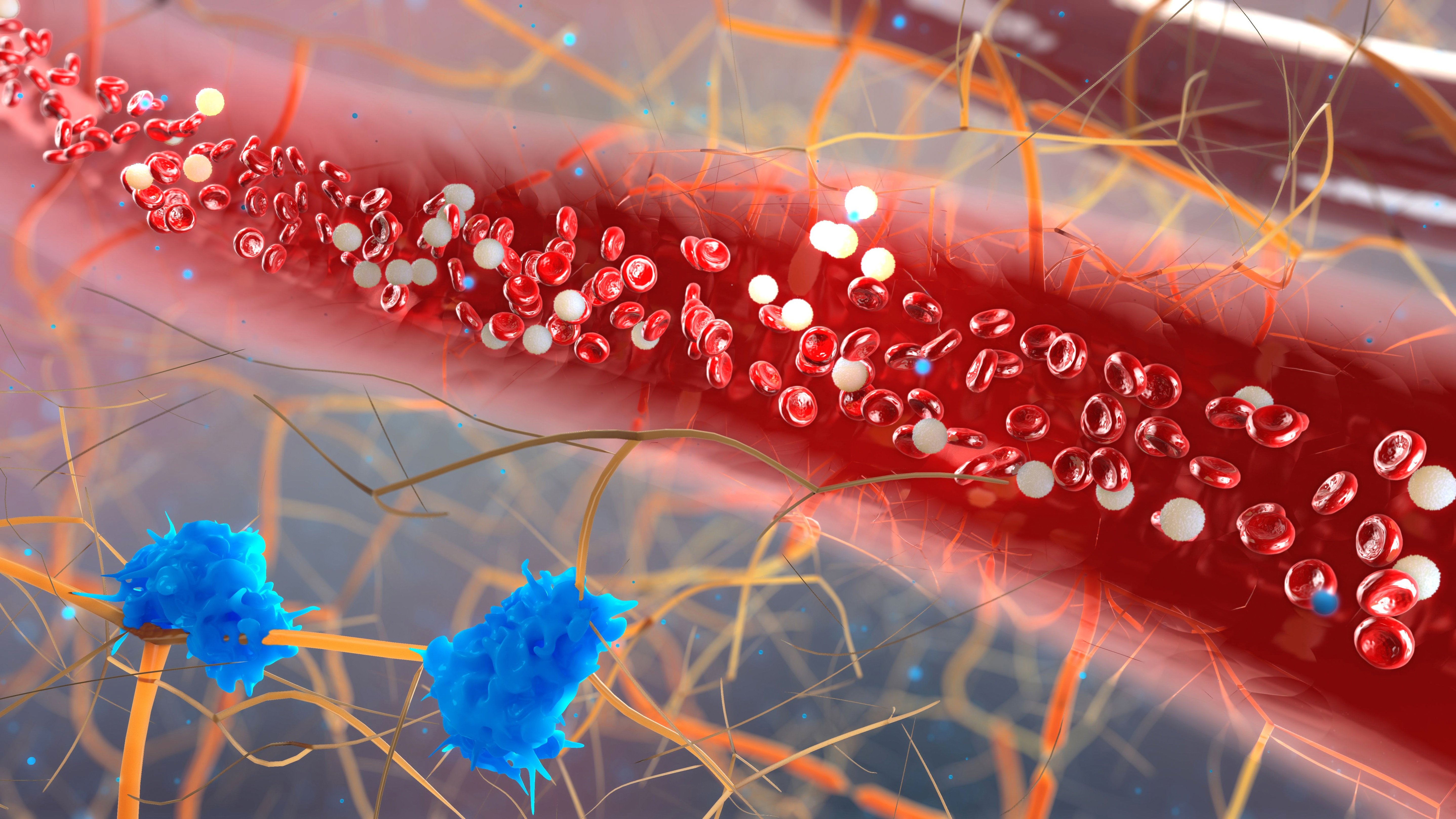Previously, we wrote about the unique capabilities that next-generation sequencing (NGS) offers the oncology clinic. NGS could mark the beginning of a shift away from “single-site” technologies such as FISH and PCR-based testing, in favor of comprehensive screening across many different targets at once.
Choose your Article Focus | NGS | Molecular & Serology
As to Myeloid Diseases, Make a Habit of Three Things
Category: myeloid cancer reference materials, NGS
Posted by
Ram Santhanam on Dec 13, 2017 12:00:00 AM
0 Comments Click here to read/write comments
The First Comprehensive Myeloid Cancer Reference Materials for NGS Assays
Category: myeloid cancer reference materials, NGS, reference materials
Posted by
Ram Santhanam on Nov 8, 2017 12:00:00 AM
Myeloid cancers are “liquid” tumors that arise from the blood and bone marrow. These diseases have undergone greater study and characterization than perhaps any other type of cancer, largely due to the ease of accessing these cancer cells via a blood draw rather than a tissue biopsy, as for solid tumors. There are many different types and subtypes of these malignancies that are known to be caused by mutations in genes that encode proteins involved in cell signaling, transcription, epigenetic regulation, and splicing1. Before next-generation sequencing became available in the hematology/oncology clinic, high-resolution genetic analysis of myeloid cancers relied primarily upon site-specific methods such as Fluorescence in Situ Hybridization (FISH) and PCR-based assays. And, while other methods such as karyotyping and array comparative genomic hybridization are indeed able to survey large genomic rearrangements and copy number changes across the entire genome, these methods lack the resolution required for detection of many mutations that are important for myeloid cancers.
0 Comments Click here to read/write comments




